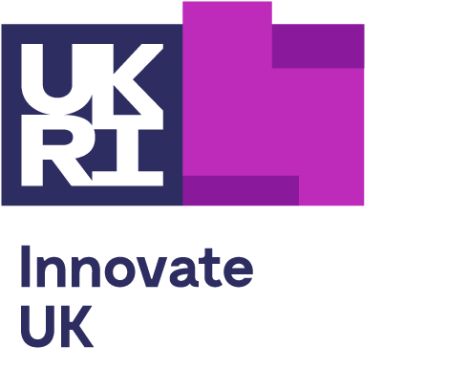Boost for Farmers and the Environment through Multi-million Pound Nitrogen Use Efficiency Project
5 June 2023
Written by: Gavin Thomas
Lincoln Institute for Agrifood Technology is a key partner in a new project that will improve farm sustainability and profitability by helping wheat farmers to use nitrogen judiciously and in an environmentally-friendly manner.
Lincoln Institute for Agrifood Technology is a key partner in a new project that will improve farm sustainability and profitability by helping wheat farmers to use nitrogen judiciously and in an environmentally-friendly manner.
From Nitrogen Use Efficiency to Farm Profitability, the project called NUE-Profits will make the use of nitrogen as efficient as possible for farms by equipping farmers with a management system which will use data from in-field sensors and weather stations to provide advice on the most optimal application of nitrogen.
The platform will lead to significant improvements in nitrogen and nutrient management but will also present the opportunity to secure secondary income streams for farms, as well as facilitating farm integration into environmental land management schemes and enhancing food security by reducing dependency on nitrogen input costs.
The University of Lincoln team will work on developing affordable technology for in-field measurements, validating it within field experiments and assuring knowledge exchange with the stakeholders. As nitrogen use and emissions are reduced, the partnership will explore new income opportunities for farmers on the back of reduced carbon emissions. The aim is to make nitrogen use measurements a new benchmark for farmers to utilise nitrogen effectively to provide more profit whilst improving sustainability in farming.
Nitrogen use efficiency is a way of understanding the relationships between the total nitrogen input compared to the nitrogen output and how this is translated to grain yield and quality. It is an important trait in crop breeding programs, which aims to improve crop yield while reducing input costs, such as fertilizers, and at the same time keeping nitrogen out of the environment. Reducing fertilizer inputs would lead to fewer greenhouse gas emissions and less nitrate leaching into the groundwater and surface water.
Grzegorz Cielniak, Associate Professor in Agri-Robotics at the University of Lincoln and Principal Investigator, said: “We are very excited to work on this important project with the UK’s agri-tech industry. The University of Lincoln team will develop affordable technology for in-field measurements, validating it at field experiments and assure knowledge exchange with the stakeholders. The project will result in more sustainable farming operations bringing large economic and environmental benefits.”
Jim Williams, Chairman of lead partner AgAnalyst, who assist farmers in taking control of their own data and utilising it for maximum gain, said: “We think this project is important in giving farmers the confidence to work with their Nitrogen Use Efficiency and overcome the fear of compromising yield or quality.
“AgAnalyst is delighted to be working with LIAT because their focus on soils and their sound reputation with landowners and growers for developing practical solutions for both land and water management. With the University of Lincoln as our academic partner and other fantastic collaborators in the industry, we think we can make a significant contribution to improving greenhouse gas emissions from Nitrogen use as well as reduce Nitrogen run-off into the water course.”
The NUE-Profits project is funded by DEFRA’s Farming Future R&D Fund: Climate Smart Farming, through The Farming Innovation Programme and is in partnership with Innovate UK, who are delivering the programme. Other partners include Agreed Earth, Assimila, Dales Land Net, Dyson Farming, European Food and Farming Partnerships (EFFP), Hill Court Farm Research, Navigate Eco Solutions, N Blacker & Sons, and Velcourt.

